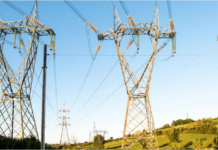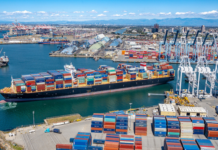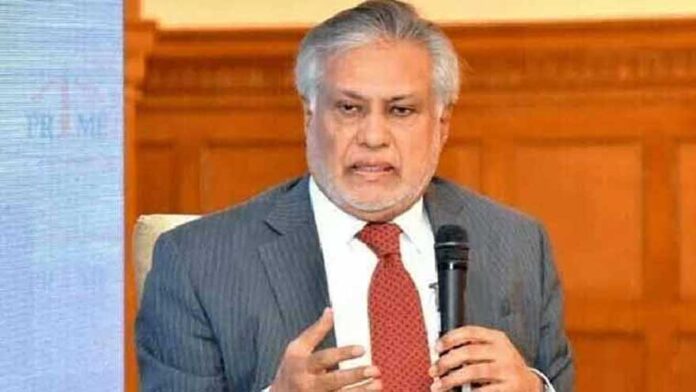Deputy Prime Minister and Foreign Minister Ishaq Dar on Thursday said Pakistan was ready to strengthen regional cooperation through enhanced transport facilitation, cross-border investments, and integrated value chains, positioning the country as a regional hub for connectivity.
Speaking at the Regional Transport Ministers’ Conference in Islamabad, Dar said Pakistan aimed to turn its geography into opportunity by building pathways for inclusive growth and economic cooperation. The event, hosted by the Ministry of Communications under the theme “Regional Connectivity: Opportunities for the Region,” was attended by transport ministers from Saudi Arabia, Turkiye, Azerbaijan, Uzbekistan, Kazakhstan, Iran, Belarus, Turkmenistan, Sri Lanka, and the Maldives, along with delegates from the ADB, ECO, IRU, and UNESCAP.
Dar described the China-Pakistan Economic Corridor (CPEC) as a major catalyst for energy infrastructure development, transport connectivity, and trade integration across South and Central Asia. He said the initiative reflected a shared commitment to building partnerships for the mutual benefit of Pakistan, China, and the wider region.
He noted that Pakistan’s expanding network of motorways and highways connects key border points to Karachi and Gwadar ports, forming the backbone of regional and domestic transport. Integrated border and maritime systems, he said, were helping reduce costs and improve transit efficiency, strengthening Pakistan’s role as a vital trade corridor.
Highlighting regional transport projects, Dar cited the Uzbekistan-Afghanistan-Pakistan Railway Framework Agreement and the Istanbul-Tehran-Islamabad Road and Rail Corridor as significant steps toward regional and global trade expansion. He said Pakistan remained an active partner in regional energy initiatives such as CASA-1000 and TAPI-500, which would enhance energy security and market integration.
The deputy prime minister also highlighted Pakistan’s e-visa facility for citizens of 126 countries, including those from the Gulf and Central Asia, aimed at facilitating business and tourism travel. He said Pakistan was addressing key barriers to regional integration by improving banking access and simplifying the cross-border movement of goods and people through road, rail, and sea routes.
Dar said Pakistan was prioritizing digital trade platforms and e-port integration to ensure paperless, efficient, and transparent trade processes. “Physical and digital connectivity is essential to advance together,” he said, adding that these projects serve as “building blocks for regional integration and enablers of peace and economic stability.”
Inviting all regional partners to collaborate, he said, “Together, we can transform these corridors into engines of growth. Connectivity is about building trust, opportunity, and a shared destiny.”
























